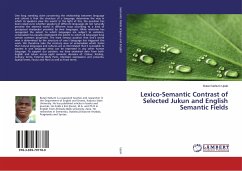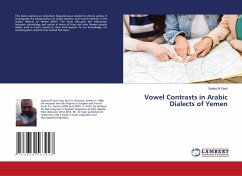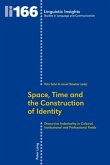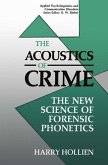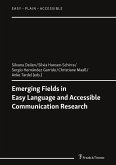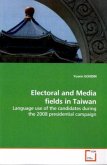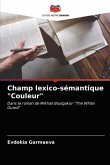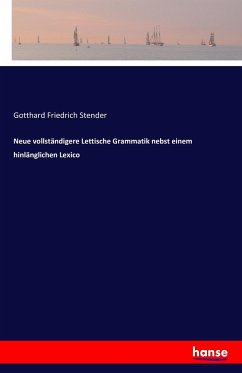One long standing claim concerning the relationship between language and culture is that the structure of a language determines the way in which its speakers view the world. In the light of this, the question has been raised as to whether speakers of different languages do not naturally perceive the external world in different ways according to a kind of perceptual straitjacket provided by their languages. While relativism has recognized the extent to which languages are subject to variation, universalism has equally emphasized the extent to which all languages have certain common properties. The most famous position that one's world view is determined by the structure of one's language has triggered this work. We therefore take the contrary view of universalism which states that natural languages and cultures are so interrelated that it is possible to express in one language what can be expressed in any other human language. To support our position, we have examined data from both English and Jukun across eight semantic domains of: Colour, Kinship, Culinary terms, External Body Parts, Idiomatic expressions and proverbs, Spatial terms, Fauna and Flora as well as Food terms.
Bitte wählen Sie Ihr Anliegen aus.
Rechnungen
Retourenschein anfordern
Bestellstatus
Storno

